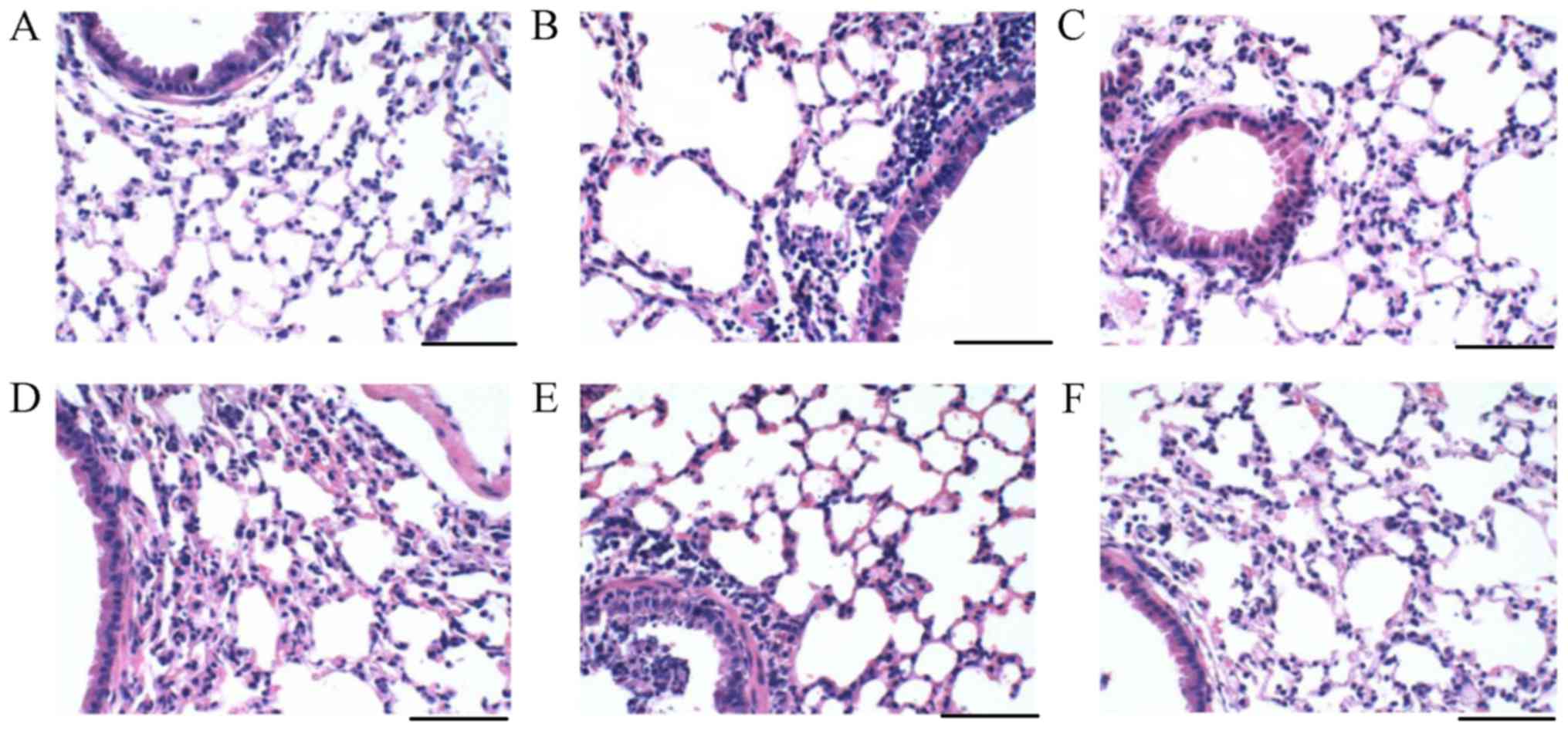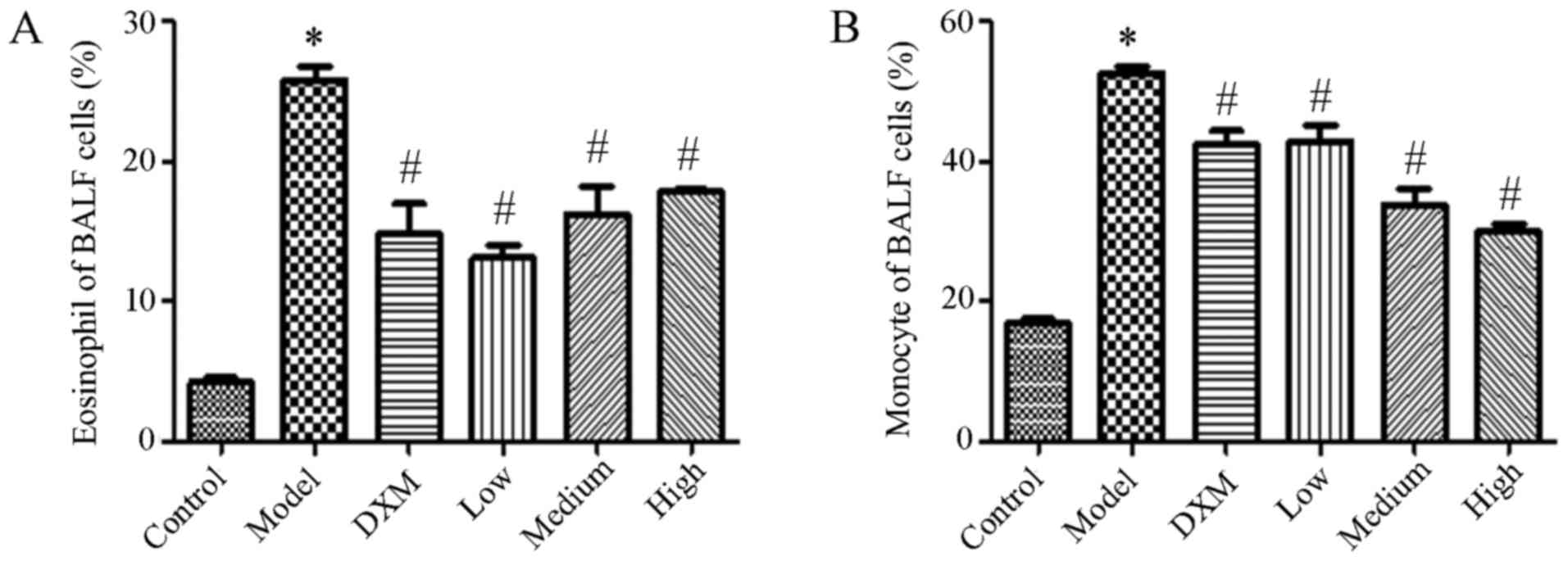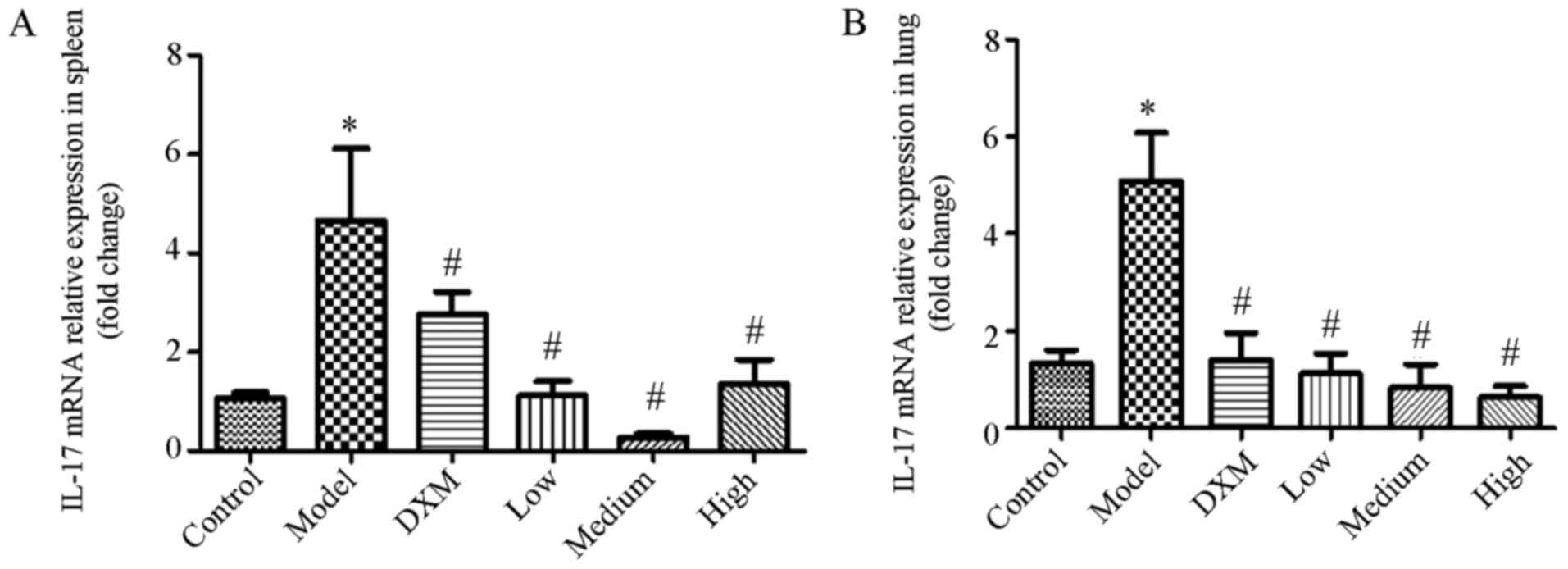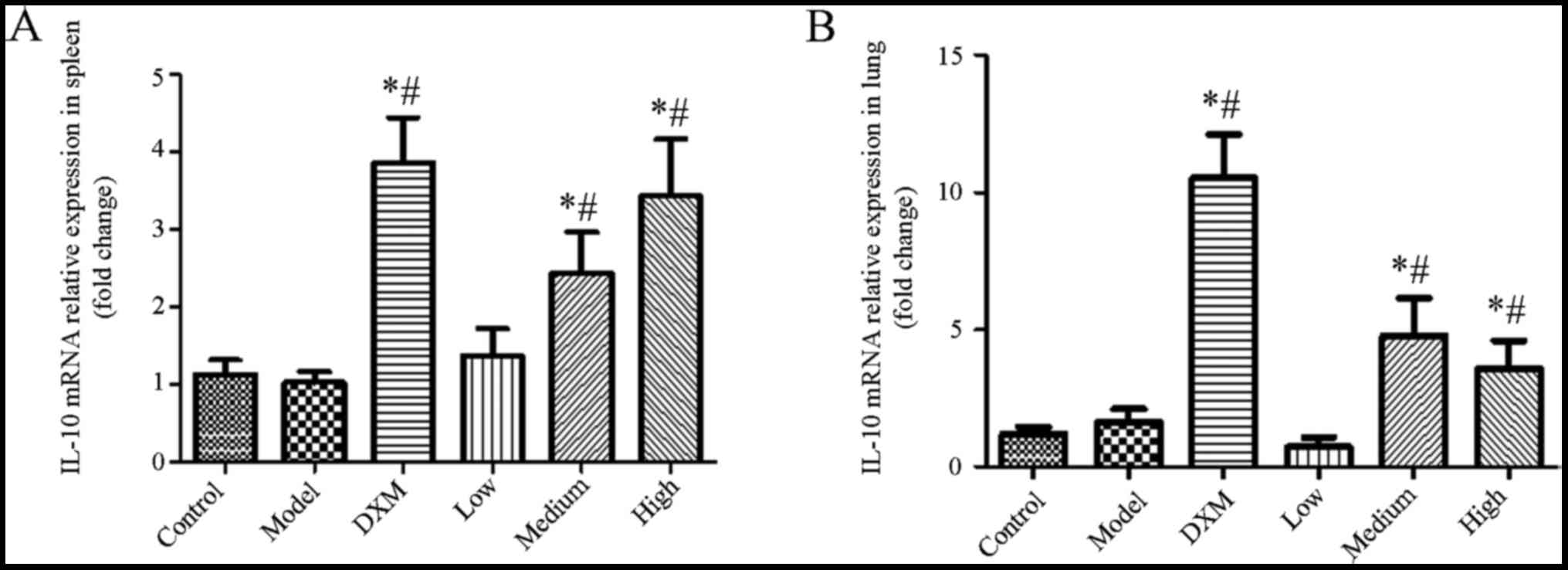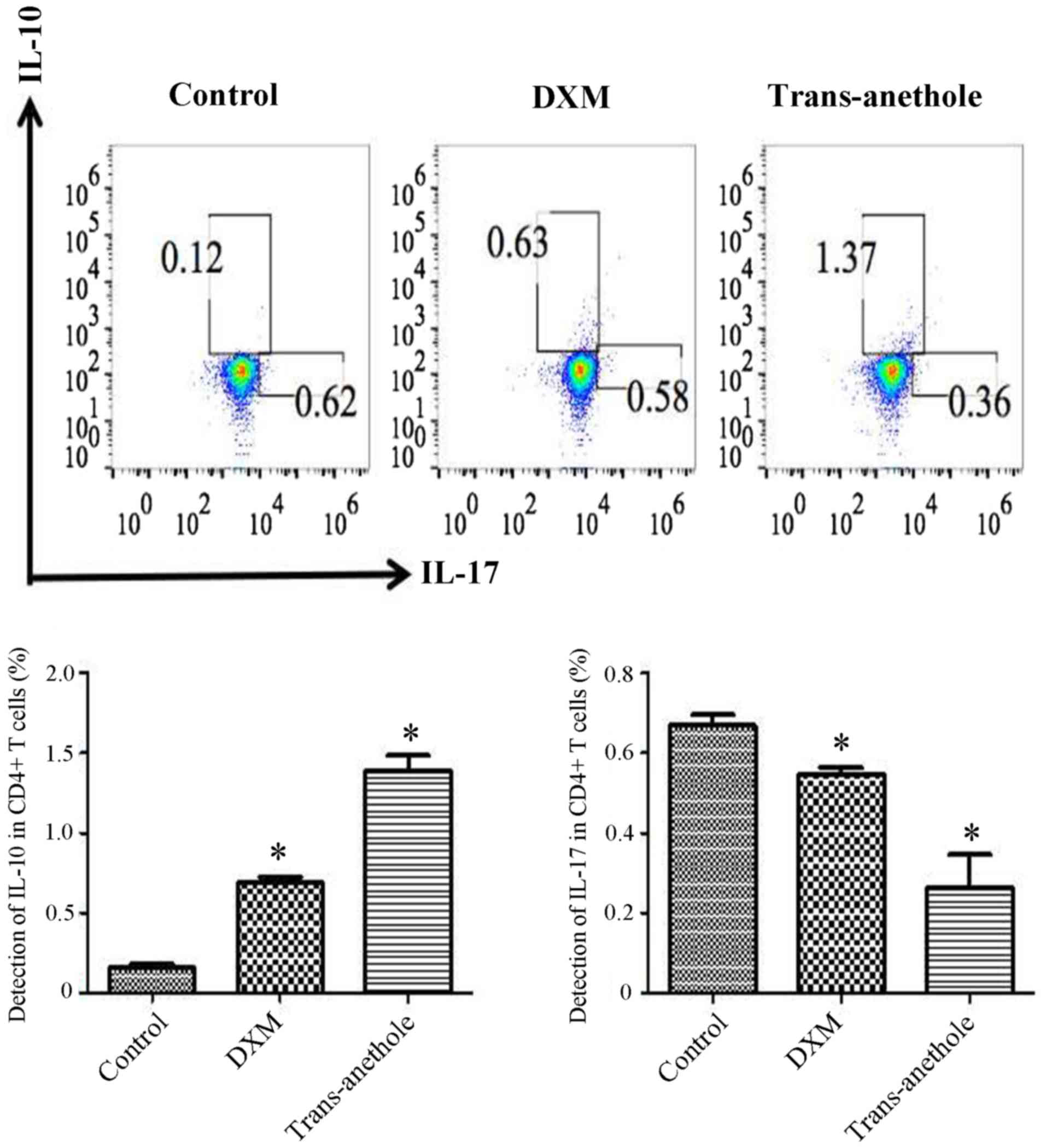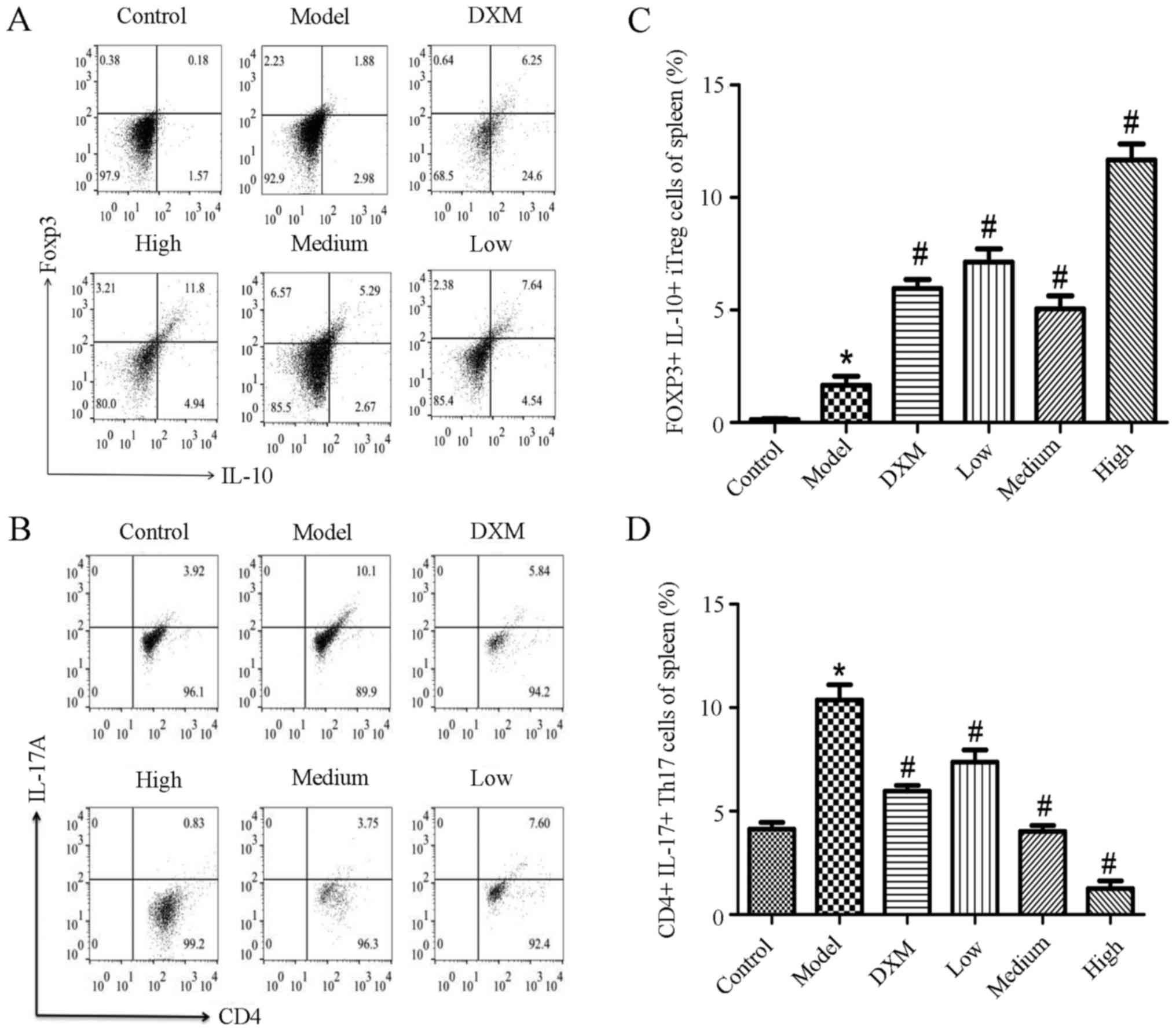|
1
|
Badgujar SB, Patel VV and Bandivdekar AH:
Foeniculum vulgare Mill: A review of its botany, phytochemistry,
pharmacology, contemporary application, and toxicology. Biomed Res
Int. 2014:8426742014. View Article : Google Scholar : PubMed/NCBI
|
|
2
|
Garg C, Khan SA, Ansari SH, Suman A and
Garg M: Chemical composition, therapeutic potential and
perspectives of Foeniculum vulgare. Pharmacogn Rev. 3:346–352.
2009.
|
|
3
|
Muckensturm B, Foechterlen D, Reduron JP,
Danton P and Hildenbrand M: Phytochemical and chemotaxonomic
studies of Foeniculum vulgare. Biochem Syst Ecol. 25:353–358. 1997.
View Article : Google Scholar
|
|
4
|
Ostad SN, Soodi M, Shariffzadeh M,
Khorshidi N and Marzban H: The effect of fennel essential oil on
uterine contraction as a model for dysmenorrhea, pharmacology and
toxicology study. J Ethnopharmacol. 76:299–304. 2001. View Article : Google Scholar : PubMed/NCBI
|
|
5
|
Malini T, Vanithakumari G, Megala N,
Anusya S, Devi K and Elango V: Effect of Foeniculum vulgare Mill.
seed extract on the genital organs of male and female rats. Indian
J Physiol Pharmacol. 29:21–26. 1985.PubMed/NCBI
|
|
6
|
Ghodsi Z and Asltoghiri M: The effect of
fennel on pain quality, symptoms and menstrual duration in primary
dysmenorrhea. J Pediatr Adol Gynec. 27:283–286. 2014. View Article : Google Scholar
|
|
7
|
Piras A, Falconieri D, Porcedda S,
Marongiu B, Gonçalves MJ, Cavaleiro C and Salgueiro L:
Supercritical CO2 extraction of volatile oils from Sardinian
Foeniculum vulgare ssp. vulgare (Apiaceae): Chemical composition
and biological activity. Nat Prod Res. 28:1819–1825. 2014.
View Article : Google Scholar : PubMed/NCBI
|
|
8
|
Damjanović B, Lepojević Ž, Živković V and
Tolić A: Extraction of fennel (Foeniculum vulgare Mill.) seeds with
supercritical CO2: Comparison with hydrodistillation.
Food Chem. 92:143–149. 2005. View Article : Google Scholar
|
|
9
|
Fang L, Qi M, Li T, Shao Q and Fu R:
Headspace solvent microextraction-gas chromatography-mass
spectrometry for the analysis of volatile compounds from Foeniculum
vulgare Mill. J Pharm Biomed Anal. 41:791–797. 2006. View Article : Google Scholar : PubMed/NCBI
|
|
10
|
Pacifico S, Galasso S, Piccolella S,
Kretschmer N, Pan SP, Nocera P, Lettieri A, Bauer R and Monaco P:
Winter wild fennel leaves as a source of anti-inflammatory and
antioxidant polyphenols. Arab J Chem. (In press).
|
|
11
|
Kaur GJ and Arora DS: Antibacterial and
phytochemical screening of Anethum graveolens, Foeniculum vulgare
and Trachyspermum ammi. BMC Complement Altern Med. 9:302009.
View Article : Google Scholar : PubMed/NCBI
|
|
12
|
Kang P, Kim KY, Lee HS, Min SS and Seol
GH: Anti-inflammatory effects of anethole in
lipopolysaccharide-induced acute lung injury in mice. Life Sci.
93:955–961. 2013. View Article : Google Scholar : PubMed/NCBI
|
|
13
|
Jahromi Namavar B, Tartifizadeh A and
Khabnadideh S: Comparison of fennel and mefenamic acid for the
treatment of primary dysmenorrhea. Int J Gynaecol Obstet.
80:153–157. 2003. View Article : Google Scholar : PubMed/NCBI
|
|
14
|
Elsoud N, Ellaithy N, Elsaeed G, Wahby M,
Khalil M, Morsy F and Shaffie N: Antidiabetic activities of
Foeniculum vulgare Mill. essential oil in streptozotocin-induced
diabetic rats. Maced J Med Sci. 4:139–146. 2011.
|
|
15
|
Koppula S and Kumar H: Foeniculum vulgare
Mill (Umbelliferae) attenuates stress and improves memory in wister
rats. Trop J Pharm Res. 12:553–558. 2013.
|
|
16
|
Ferguson ND, Fan E, Camporota L, Antonelli
M, Anzueto A, Beale R, Brochard L, Brower R, Esteban A, Gattinoni
L, et al: The Berlin definition of ARDS: An expanded rationale,
justification, and supplementary material. Intensive Care Med.
38:1573–1582. 2012. View Article : Google Scholar : PubMed/NCBI
|
|
17
|
Matthay MA, Ware LB and Zimmerman GA: The
acute respiratory distress syndrome. J Clin Invest. 122:2731–2740.
2012. View
Article : Google Scholar : PubMed/NCBI
|
|
18
|
Mizgerd JP: Respiratory infection and the
impact of pulmonary immunity on lung health and disease. Am J
Respir Crit Care Med. 186:824–829. 2012. View Article : Google Scholar : PubMed/NCBI
|
|
19
|
Bhattacharya J and Matthay MA: Regulation
and repair of the alveolar-capillary barrier in acute lung injury.
Ann Rev Physiol. 75:593–615. 2013. View Article : Google Scholar
|
|
20
|
Kim MR, Hong SW, Choi EB, Lee WH, Kim YS,
Jeon SG, Jang MH, Gho YS and Kim YK: Staphylococcus aureus-derived
extracellular vesicles induce neutrophilic pulmonary inflammation
via both Th1 and Th17 cell responses. Allergy. 67:1271–1281. 2012.
View Article : Google Scholar : PubMed/NCBI
|
|
21
|
Iwakura Y, Ishigame H, Saijo S and Nakae
S: Functional specialization of interleukin-17 family members.
Immunity. 34:149–162. 2011. View Article : Google Scholar : PubMed/NCBI
|
|
22
|
Risso K, Kumar G, Ticchioni M, Sanfiorenzo
C, Dellamonica J, Guillouet-de Salvador F, Bernardin G, Marquette
CH and Roger PM: Early infectious acute respiratory distress
syndrome is characterized by activation and proliferation of
alveolar T-cells. Eur J Clin Microbiol Infect Dis. 34:1111–1118.
2015. View Article : Google Scholar : PubMed/NCBI
|
|
23
|
Noack M and Miossec P: Th17 and regulatory
T cell balance in autoimmune and inflammatory diseases. Autoimmun
Rev. 13:668–677. 2014. View Article : Google Scholar : PubMed/NCBI
|
|
24
|
Costantino CM, Baecher-Allan CM and Hafler
DA: Human regulatory T cells and autoimmunity. Eur J Immunol.
38:921–924. 2008. View Article : Google Scholar : PubMed/NCBI
|
|
25
|
Guo Z, Wen Z, Qin A, Zhou Y, Liao Z, Liu
Z, Liang Y, Ren T and Xu L: Antisense oligonucleotide treatment
enhances the recovery of acute lung injury through IL-10-secreting
M2-like macrophage-induced expansion of CD4+ regulatory T cells. J
Immunol. 190:4337–4348. 2013. View Article : Google Scholar : PubMed/NCBI
|
|
26
|
Mills KH: Regulatory T cells: Friend or
foe in immunity to infection? Nat Rev Immunol. 4:841–855. 2004.
View Article : Google Scholar : PubMed/NCBI
|
|
27
|
Miossec P, Korn T and Kuchroo VK:
Interleukin-17 and type 17 helper T cells. New Engl J Med.
361:888–898. 2009. View Article : Google Scholar : PubMed/NCBI
|
|
28
|
Nistala K, Moncrieffe H, Newton KR,
Varsani H, Hunter P and Wedderburn LR: Interleukin-17-producing T
cells are enriched in the joints of children with arthritis, but
have a reciprocal relationship to regulatory T cell numbers.
Arthritis Rheum. 58:875–887. 2008. View Article : Google Scholar : PubMed/NCBI
|
|
29
|
Tzartos JS, Friese MA, Craner MJ, Palace
J, Newcombe J, Esiri MM and Fugger L: Interleukin-17 production in
central nervous system-infiltrating T cells and glial cells is
associated with active disease in multiple sclerosis. Am J Pathol.
172:146–155. 2008. View Article : Google Scholar : PubMed/NCBI
|
|
30
|
Hirota K, Yoshitomi H, Hashimoto M, Maeda
S, Teradaira S, Sugimoto N, Yamaguchi T, Nomura T, Ito H, Nakamura
T, et al: Preferential recruitment of CCR6-expressing Th17 cells to
inflamed joints via CCL20 in rheumatoid arthritis and its animal
model. J Exp Med. 204:2803–2812. 2007. View Article : Google Scholar : PubMed/NCBI
|
|
31
|
Halwani R, Al-Muhsen S and Hamid Q: T
helper 17 cells in airway diseases: From laboratory bench to
bedside. Chest. 143:494–501. 2013. View Article : Google Scholar : PubMed/NCBI
|
|
32
|
Hartigan-O'Connor DJ, Hirao LA, McCune JM
and Dandekar S: Th17 cells and regulatory T cells in elite control
over HIV and SIV. Curr Opin HIV AIDS. 6:221–227. 2011. View Article : Google Scholar : PubMed/NCBI
|
|
33
|
You QH, Zhang D, Niu CC, Zhu ZM, Wang N,
Yue Y and Sun GY: Expression of IL-17A and IL-17F in
lipopolysaccharide-induced acute lung injury and the counteraction
of anisodamine or methylprednisolone. Cytokine. 66:78–86. 2014.
View Article : Google Scholar : PubMed/NCBI
|
|
34
|
Li C, Yang P, Sun Y, Li T, Wang C, Wang Z,
Zou Z, Yan Y, Wang W, Wang C, et al: IL-17 response mediates acute
lung injury induced by the 2009 pandemic influenza A (H1N1) virus.
Cell Res. 22:528–538. 2012. View Article : Google Scholar : PubMed/NCBI
|
|
35
|
Fedele G, Spensieri F, Palazzo R, Nasso M,
Cheung GY, Coote JG and Ausiello CM: Bordetella pertussis commits
human dendritic cells to promote a Th1/Th17 response through the
activity of adenylate cyclase toxin and MAPK-pathways. PLoS One.
5:e87342010. View Article : Google Scholar : PubMed/NCBI
|
|
36
|
Liu J, Zhang PS, Yu Q, Liu L, Yang Y, Guo
FM and Qiu HB: Losartan inhibits conventional dendritic cell
maturation and Th1 and Th17 polarization responses: Νovel
mechanisms of preventive effects on lipopolysaccharide-induced
acute lung injury. Int J Mol Med. 29:269–276. 2012.PubMed/NCBI
|
|
37
|
Choi EM and Hwang JK: Antiinflammatory,
analgesic and antioxidant activities of the fruit of Foeniculum
vulgare. Fitoterapia. 75:557–565. 2004. View Article : Google Scholar : PubMed/NCBI
|
|
38
|
Taylor A, Verhagen J, Blaser K, Akdis M
and Akdis CA: Mechanisms of immune suppression by interleukin-10
and transforming growth factor-beta: The role of T regulatory
cells. Immunology. 117:433–442. 2006. View Article : Google Scholar : PubMed/NCBI
|
|
39
|
De M, De AK, Sen P and Banerjee AB:
Antimicrobial properties of star anise (Illicium verum Hook f).
Phytother Res. 16:94–95. 2002. View
Article : Google Scholar : PubMed/NCBI
|
|
40
|
Wang H, Peng W, Weng Y, Ying H, Li H, Xia
D and Yu W: Imbalance of Th17/Treg cells in mice with chronic
cigarette smoke exposure. Int Immunopharmacol. 14:504–512. 2012.
View Article : Google Scholar : PubMed/NCBI
|
|
41
|
Scheffold A, Murphy KM and Höfer T:
Competition for cytokines: T(reg) cells take all. Nat Immunol.
8:1285–1287. 2007. View Article : Google Scholar : PubMed/NCBI
|
















